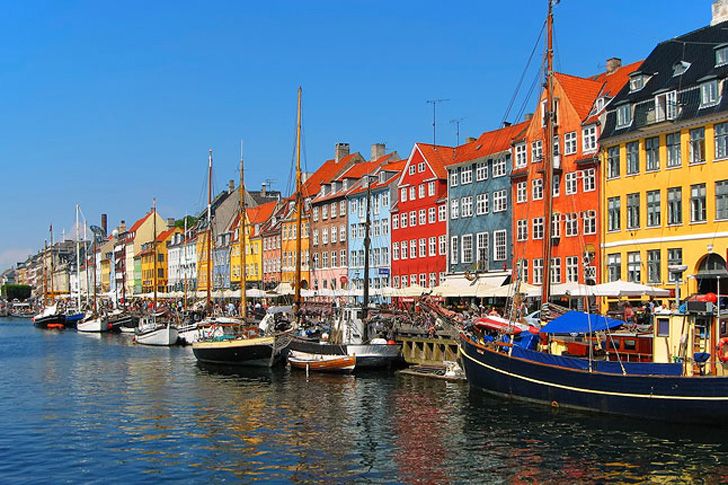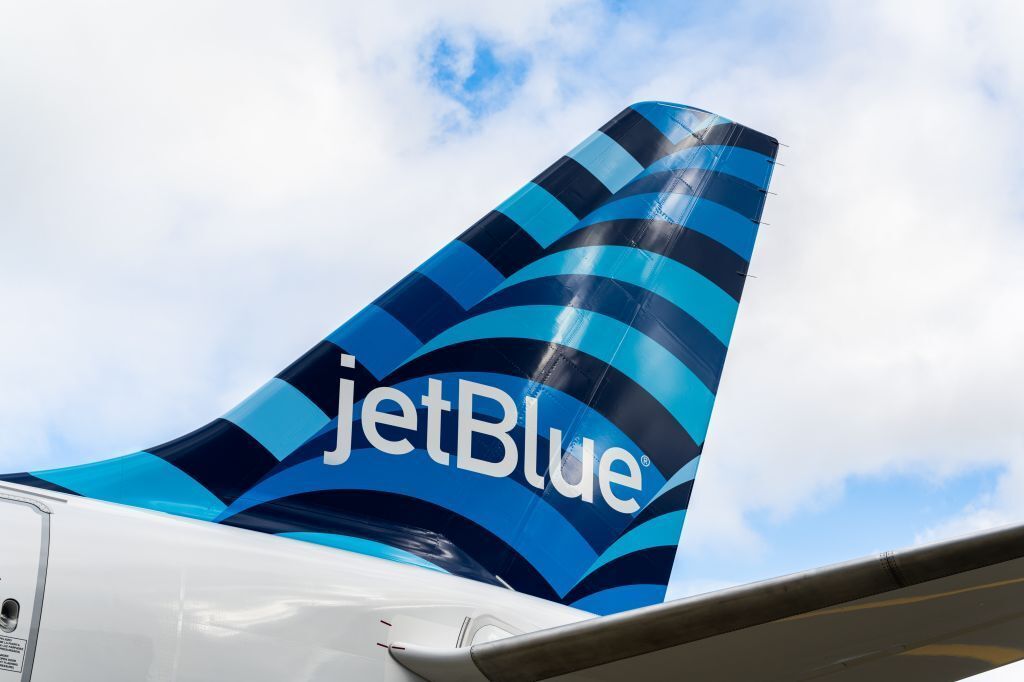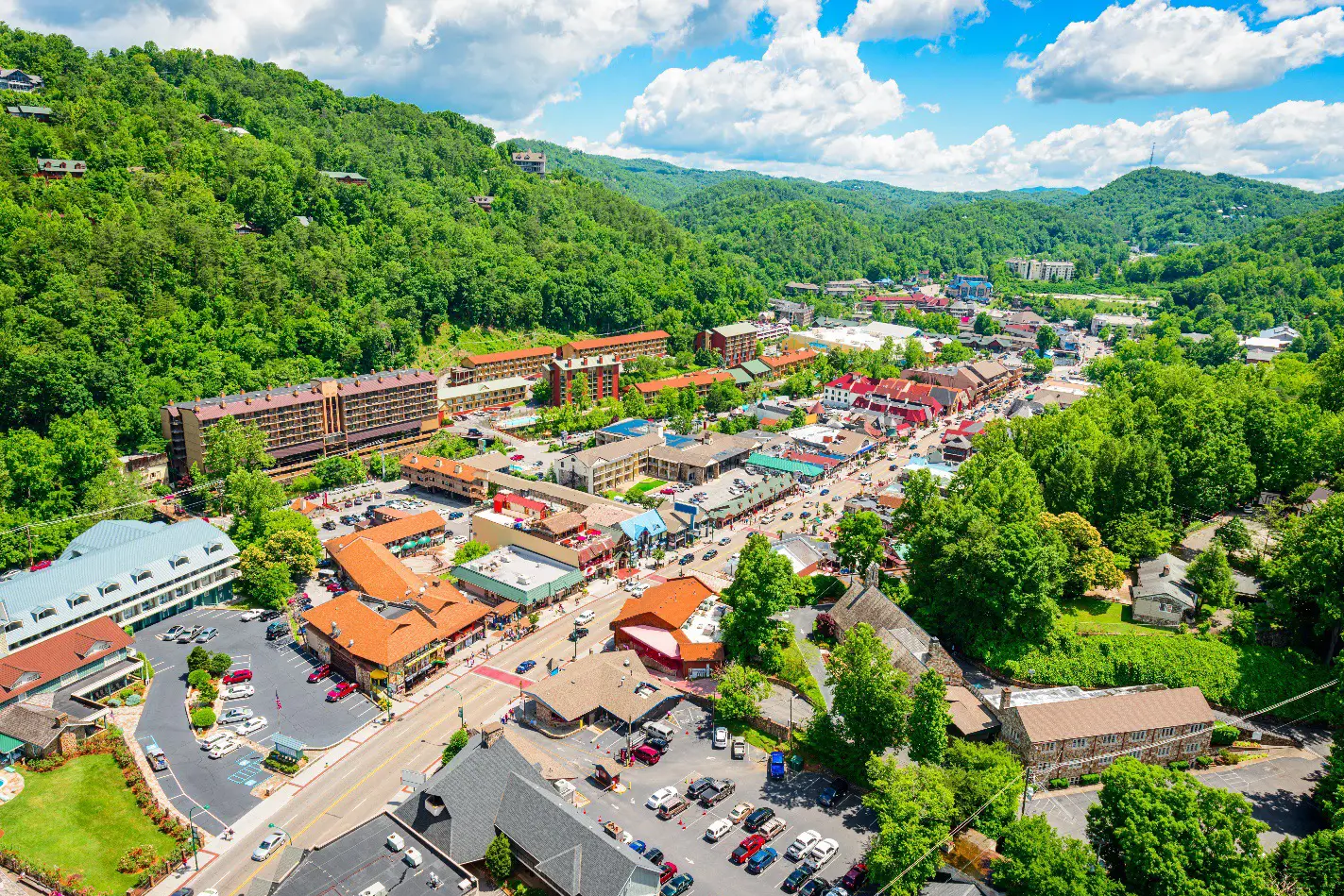Bosnia and Herzegovina tightens the law on smoking as the country has a rather unwanted distinction among European countries, with one of the highest tobacco consumption rates by the percentage of citizens.
That may well soon change as the government is poised to enforce a new law starting Monday, which includes hefty fines and other means of deterrence.
Smoking prevalence among adults hovers around 40% in Bosnia and Herzegovina, particularly as older generations consider it an integral part of any and all activities throughout the day, starting from morning routines to evening leisure time and beyond.
This is not the first time the government is trying to address the issue.
There is already a ban in place for public institutions, but it was mostly enforced in just health facilities and some means of transport.
The new law aims to restrict smoking in all closed public spaces, as well as workplaces, prescribing hefty fines for individuals who violate the rules and even higher ones for businesses.
The legislation will have an effect, according to Vildana Brdaric, spokesperson of the Sarajevo Canton Inspection Office, but it will “take time.”
“Citizens will be obligated to comply with the law immediately, while legal entities have a six-month period to align their practices with the new rules,”.
Brdaric said the government has drawn up plans to navigate the transition period, affording a little more leeway for everyone to fall in line.
“During this transitional phase, warnings will be issued, but there will be no punishments until all supplementary regulations are in place,” she explained.
“We will adapt”
The law also covers e-cigarettes, hookahs and other forms of smoking, but does not envisage a blanket ban on tobacco use in Bosnia and Herzegovina.
Public places will be allowed to have smoking areas, provided they meet certain criteria laid out in the regulation.
For establishments exclusively serving beverages, there will be designated areas where customers will still be able to smoke.
A point of concern raised by critics is the practicality of enforcing curbs in just one half of the country, the Federation of Bosnia and Herzegovina.
Republika Srpska, the other entity of Bosnia and Herzegovina, does not have any such regulations so far, which could pose a challenge in implementing a ban in the other part.
On the business side of things, the law’s possible impact is still uncertain, particularly for the hookah bars that have gained popularity among the youth.
Baton Adzanel, a cafe owner in the capital Sarajevo, feels the law is a “necessary” measure and businesses must try to adapt to the change.
“For children and minors, this (smoking) should be strictly forbidden,” he told.
Since this law is coming in the summer, we will have “a chance to adapt,” he said, explaining that it would be easier to move customers outside to designated smoking areas.
“As for the winter, we’ll see how we can manage to do both: keep our customers and also follow the law.” (AA)















